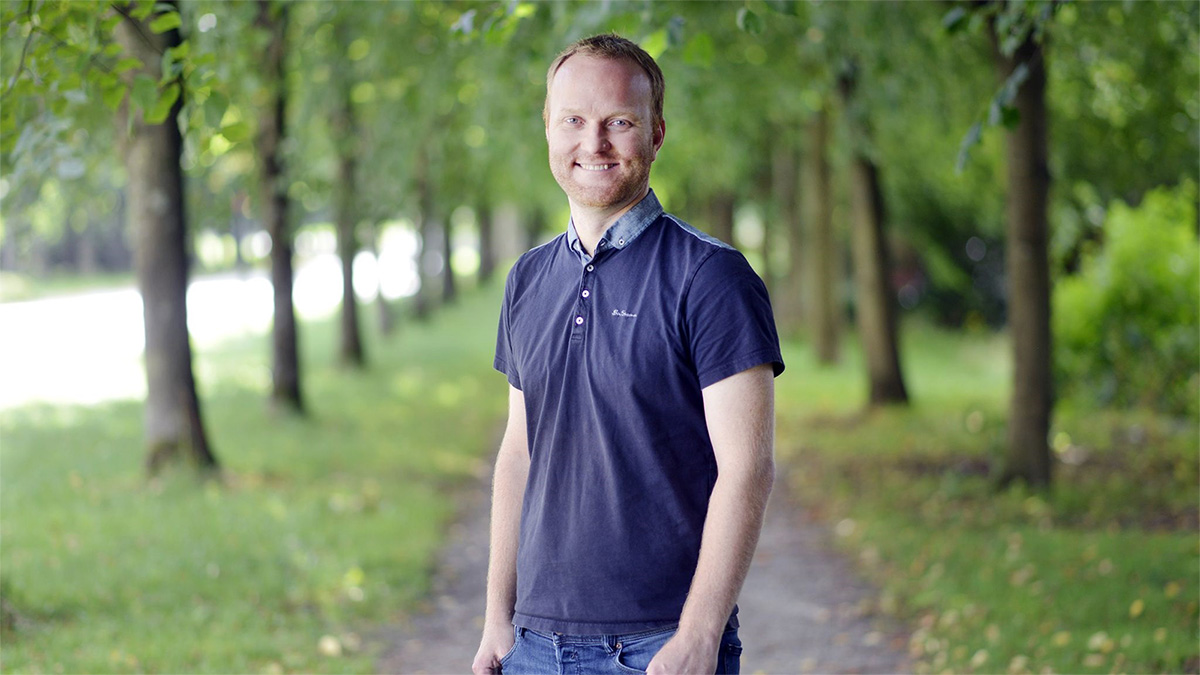A major European research project, led by the University of Stavanger, will equip young innovation researchers to contribute to innovation in regional business and industry. The project has been granted 3.7 million Euro in funding from the European Union.

Congratulations were the order of the day across Europe when it became clear that the project application had been successful, Professor Rune Dahl Fitjar at the UiS Business School told us.
Fitjar is the coordinator of the project, which has been named RUNIN (The Role of Universities in Innovation and Regional Development).
RUNIN is funded under the Innovative Training Networks (ITN) scheme in the Marie Skłodowska-Curie research programme, linked to the EU’s major research and innovation programme, Horizon 2020. 109 projects received the support, out of a total of 1565 applications. This means that only 7 percent of the applications were successful. Only three of the 109 projects have a Norwegian coordinator.
Fierce competition
This is the first time that UiS has coordinating responsibility for a major EU-funded research project. Seven universities and nine regional development organisations, including Greater Stavanger, are partners, and a total of seven European countries are involved.
“Competition for EU funding is tough, so this is really a great achievement. RUNIN supports our commitment to innovation in the region in a superb way”, said vice-chancellor Marit Boyesen.
She thinks it is especially gratifying that the project is based on the university’s membership of the ECIU (European Consortium of Innovative Universities), of which six of the university partners in the project are also members.
Educating innovation researchers
The goal of the project is to explore how universities can contribute to innovation, economic growth and regional development.
RUNIN will train younger researchers to contribute to innovation in regional business and industry. The programme will give the candidates a solid education in research, as well as skills that will be useful in a future career in industry or the public sector”, said Rune Dahl Fitjar.
“We need innovation researchers who can work within the academic world or as good decision-makers at regional, national or European level”, explains Fitjar.
Restructuring in the region
An important question for European universities is how they should be strong drivers of regional development. In this way, RUNIN has a thorough approach towards giving an answer to this.
A total of 14 postgraduate students will participate in the project, two of whom will be connected to UiS. The PhD students will carry out their work at their respective universities, but a number of candidates will also perform traineeships or work at regional development companies in their respective regions. They will also participate in two exchange placements at other universities or regional development companies in the network.
“Being close to the regional development stakeholders will strengthen the practical relevance of the postgraduate students’ research”, explains Fitjar.
Strengthening European university collaboration
The university partners in the project are the University of Stavanger, Norway; Aalborg University, Denmark; University of Lincoln, United Kingdom; University of Twente, Netherlands; Autonomous University of Barcelona, Spain; Linköping University, Sweden and University of Aveiro, Portugal.
The ECIU universities are relatively young, have close ties with the industry and contribute to regional development and innovation.
“RUNIN will strengthen the collaboration between the innovative universities within ECIU, and reinforce the universities’ pivotal role in society and potential as a driving force in their respective regions”, said the leader of ECIU, Lluis Tort, vice-rector of the Autonomous University of Barcelona.


